Online learning has exploded in popularity, offering flexibility and accessibility to students worldwide. However, it also presents unique challenges.
Successfully navigating the digital classroom requires a different approach than traditional learning.
Whether you’re an instructor aiming to create impactful online courses or a student striving for academic excellence, understanding how to improve learning outcomes in online courses is crucial.
This comprehensive guide explores proven strategies for both instructors and students to maximize success in the digital learning environment.
Eduma – Education WordPress Theme
We provide an amazing WordPress theme with fast and responsive designs. Let’s find out!
Strategies for Instructors to Improve Learning Outcomes in Online Courses
Instructors play a pivotal role in shaping the online learning experience.
By implementing effective teaching strategies and leveraging technology thoughtfully, instructors can significantly improve learning outcomes in online courses.
Design Engaging and Interactive Content to Improve Learning Outcomes in Online Courses
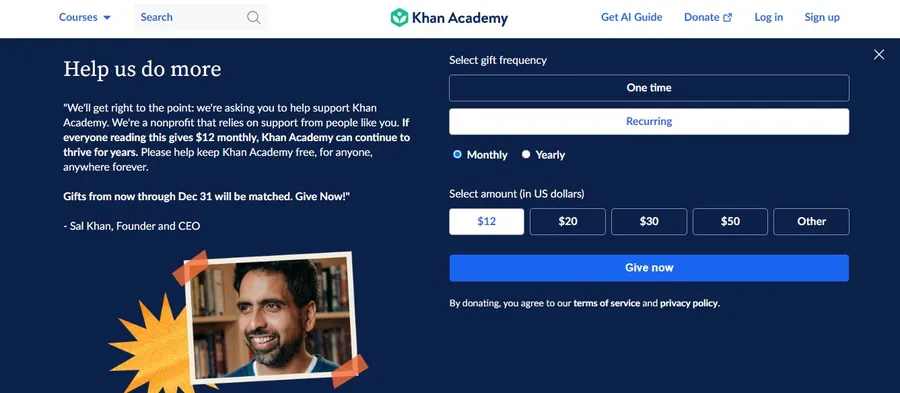
Simply transferring a traditional lecture online won’t cut it.
To truly engage students and foster deep learning, online course content must be dynamic and interactive.
- Incorporate Multimedia: Utilize a variety of media, including videos, animations, interactive simulations, and audio recordings, to cater to different learning styles and maintain interest. Platforms like Khan Academy effectively use video tutorials to explain complex concepts engagingly.
- Embrace Active Learning: Encourage active participation through online discussions, quizzes, polls, collaborative projects, and virtual breakout rooms. Platforms like Google Classroom provide tools to facilitate these activities.
- Chunk Information: Break down complex topics into smaller, manageable modules. This improves information retention and prevents cognitive overload. Coursera effectively uses this approach in their course design.
- Clear Learning Objectives: Clearly define learning objectives for each module and the course as a whole. This provides students with a roadmap and helps them focus their efforts.
Foster a Sense of Community to Improve Learning Outcomes in Online Courses

Combatting the isolation sometimes associated with online learning is crucial.
Building a strong online learning community can significantly improve student motivation and outcomes.
- Encourage Interaction: Utilize discussion forums, online chat groups, and social media platforms to facilitate student interaction and create a sense of belonging.
- Peer-to-Peer Learning: Encourage peer learning through group projects, peer review assignments, and online study groups.
- Consistent Communication: Provide regular feedback, announcements, and opportunities for students to connect with you and their peers.
- Inclusive Environment: Create a welcoming and inclusive online space where all students feel respected and valued.
Implement Effective Assessment Strategies to Improve Learning Outcomes in Online Courses
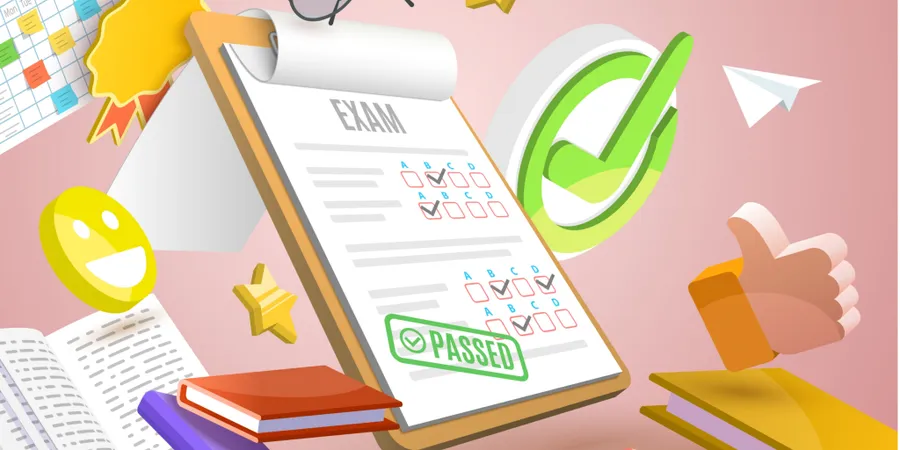
Assessment in online learning should be more than just graded quizzes.
A variety of assessment techniques can provide a more comprehensive picture of student understanding.
- Diverse Assessment Methods: Utilize a range of assessment methods, including quizzes, assignments, projects, peer evaluations, self-reflections, and online discussions.
- Timely Feedback: Provide prompt and constructive feedback on assessments to help students identify areas for improvement.
- Alignment with Objectives: Ensure that assessments are aligned with the stated learning objectives.
- Leverage Learning Analytics: Many Learning Management Systems (LMS) like LearnPress offer learning analytics dashboards. Use these to track student progress, identify struggling students, and adjust your teaching strategies accordingly.
Leverage Technology Effectively to Improve Learning Outcomes in Online Courses
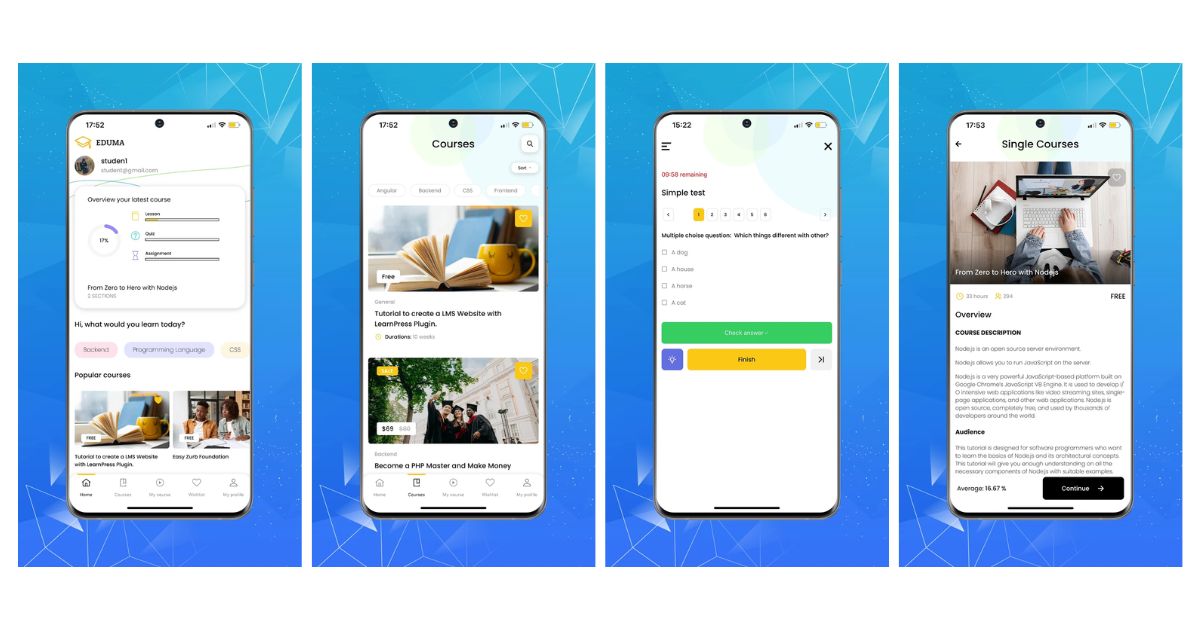
Technology is the backbone of online learning.
Choosing the right tools and using them effectively can significantly enhance the learning experience.
- Choose the Right LMS: Select an LMS that meets the needs of your course and provides features that support your teaching style and desired learning outcomes.
- Personalize Learning: Utilize technology to personalize the learning experience. Adaptive learning platforms like those offered by edX can tailor content and activities based on individual student needs and progress.
- Provide Technical Support: Offer clear instructions and technical support to students who may need assistance navigating the online learning environment.
- Ensure Accessibility: Design courses with accessibility in mind, providing alternative formats for content and using tools that support students with disabilities.
Strategies for Students to Improve Learning Outcomes in Online Courses
While instructors play a crucial role, students are ultimately responsible for their own learning.
Here are some strategies for students to thrive in the online learning environment:
Develop Effective Study Habits to Improve Learning Outcomes in Online Courses
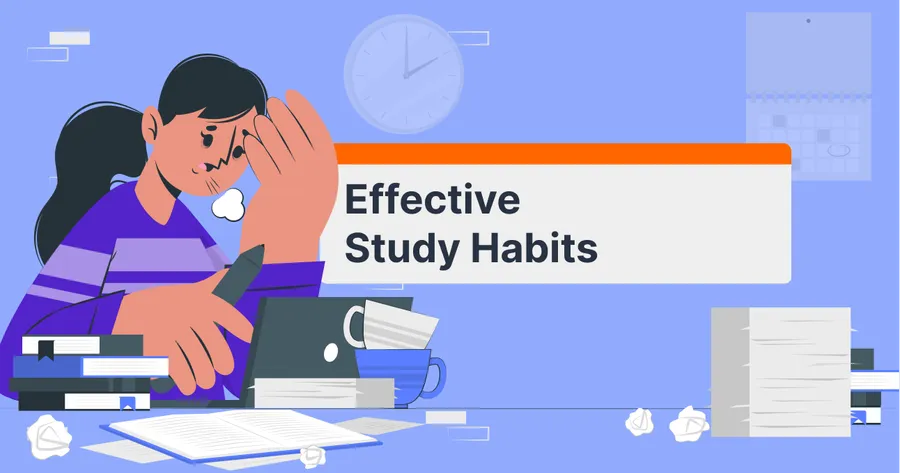
Successful online learning requires discipline and effective study habits.
- Dedicated Learning Space: Create a designated study space free from distractions to help you focus on your coursework.
- Active Learning Strategies: Practice active listening during online lectures, take effective notes, and use techniques like summarizing and paraphrasing to reinforce learning.
- Time Management: Develop a study schedule and stick to it. Use time management techniques like the Pomodoro Technique to break down study sessions and maintain focus.
- Minimize Distractions: Identify and minimize distractions in your learning environment. Turn off notifications, close unnecessary tabs, and let your family know you need uninterrupted study time.
Engage Actively in the Learning Process to Improve Learning Outcomes in Online Courses

Passive observation won’t lead to optimal learning outcomes. Active participation is key to success in online courses.
- Participate Actively: Engage in online discussions, ask questions, contribute to group projects, and seek clarification when needed.
- Collaborate with Peers: Connect with classmates, form study groups, and engage in peer learning activities.
- Utilize Resources: Take advantage of available resources like online libraries, tutoring services, and academic support centers.
- Self-Reflection: Regularly reflect on your learning progress, identify areas for improvement, and adjust your learning strategies accordingly.
Utilize Learning Strategies and Tools to Improve Learning Outcomes in Online Courses

Understanding your learning style and utilizing appropriate tools can enhance your online learning experience.
- Identify Your Learning Style: Explore different learning styles (visual, auditory, kinesthetic) and identify the best strategies for you.
- Use Online Tools: Explore online learning tools like note-taking apps (Evernote, OneNote), mind mapping software (XMind, MindMeister, Canva), and flashcard platforms (Quizlet, Anki) to enhance your learning and organization.
- Seek Feedback: Don’t hesitate to ask instructors and peers for feedback on your performance and learning strategies.
Measuring and Evaluating Learning Outcomes to Improve Learning Outcomes in Online Courses

Effective assessment is crucial for both instructors and students to track progress and identify areas for improvement.
Define Clear Learning Objectives to Improve Learning Outcomes in Online Courses
Start by clearly defining what you want students to achieve by the end of the course or module.
Use Bloom’s Taxonomy to establish measurable learning objectives beyond simple recall and encourage higher-order thinking skills.
Utilize a Variety of Assessment Methods to Improve Learning Outcomes in Online Courses
Implement a range of assessment methods to evaluate different aspects of learning. This can include:
- Formative Assessments: Ongoing assessments like quizzes, discussions, and assignments that provide feedback during the learning process.
- Summative Assessments: Evaluations at the end of a module or course, such as exams or projects, to measure overall learning.
- Quantitative and Qualitative Data: Collect both quantitative data (e.g., test scores) and qualitative data (e.g., essay responses, and project reflections) to gain a comprehensive understanding of student learning.
Analyze Data and Track Progress to Improve Learning Outcomes in Online Courses
Regularly analyze assessment data to track student progress, identify areas of strength and weakness, and measure the effectiveness of teaching strategies.
This data-driven approach allows for continuous improvement in online course design and delivery.
Improve Learning Outcomes in Online Courses with LearnPress
To improve outcomes for online courses, it is important to apply multiple strategies at once, such as providing engaging learning materials, effective assessment, and continuous progress tracking.
LearnPress, our powerful WordPress-compatible LMS plugin, allows instructors to design courses with great efficiency.
Through the use of specific add-ons such as Gradebook and Assignments, LearnPress improves learning outcomes in online courses and adds value to the digital learning experience, making it easy for both instructors and students to record achievements and achievement levels.
If you haven’t tried LearnPress yet, give it a try, setup in a snap.
Using the Gradebook Add-on for Better Performance Tracking
The Gradebook Add-on for LearnPress enables instructors to keep track of and assess the performance of students in a more holistic manner.
In addition, this tool allows instructors to pinpoint students on which areas they are improving and which areas require their attention in real-time, thus allowing for focused improvement and support to foster better results.
Key Features of Gradebook Add-on:
- Comprehensive Student Overview. Offers a systematic breakdown of the progression, grades, and performance of each student in a particular course, keeping instructors up to date with every learners progress.
- Data-Driven Insights. Analyzes quiz scores, assignment grades, and total grades, which helps reveal information on how best to change teaching methods and materials.
- Student access. In the Gradebook, students can see their grades and areas that require more focus, which adds to their self-assessment and motivation towards one’s learning level.
To summarise, the Gradebook Add-on provides instructors with the tools necessary to use data as a means of improvement and help them make decisions that can outcome into higher student achievement.
Boosting Engagement with the Assignments Add-on
The use of deposits improvement engagement in e-learning and thus the purpose of the Assignments Add-on for LearnPress to enable students to engage and understand the concepts more.
Key Features of Assignments Add-on:
- Learning By Doing The Proficiency: Kolb’s model integrates learning and doing due to the assignment functions that teachers can introduce practical tasks and coursework based on the subjects so that the students understand how to use.
- Submission Requirement Customization: Customize assignment parameters according to your course demands in order for trainers to specify target requirements and time limits for students.
- Improved Feedback Workflow: This add-on allows instructors to give feedback directly which helps the learner in rectifying their errors and improving on the aspect. Feedback especially within the learning cycle is important for corrective actions in the most desired behavioral change.
- Chance to Work Together: Assignments have peer-review options where students can evaluate the work of their colleagues, hence enhancing learning through collaboration.
Why Gradebook and Assignments Add-ons Matter for Online Learning Outcomes
By integrating the Gradebook and Assignments add-ons into online courses, instructors can enhance both the academic rigor and engagement levels essential for successful online learning.
The data-driven insights from the Gradebook add-on and the interactive potential of the Assignments add-on work hand in hand to support instructors in delivering more personalized, effective education experiences.
This combination makes LearnPress a well-rounded solution for improving learning outcomes in online courses.
In addition, if you buy Eduma, you can own these 2 add-ons for free, along with 19 other add-ons, find out now at Eduma – Education WordPress Theme on ThemeForest
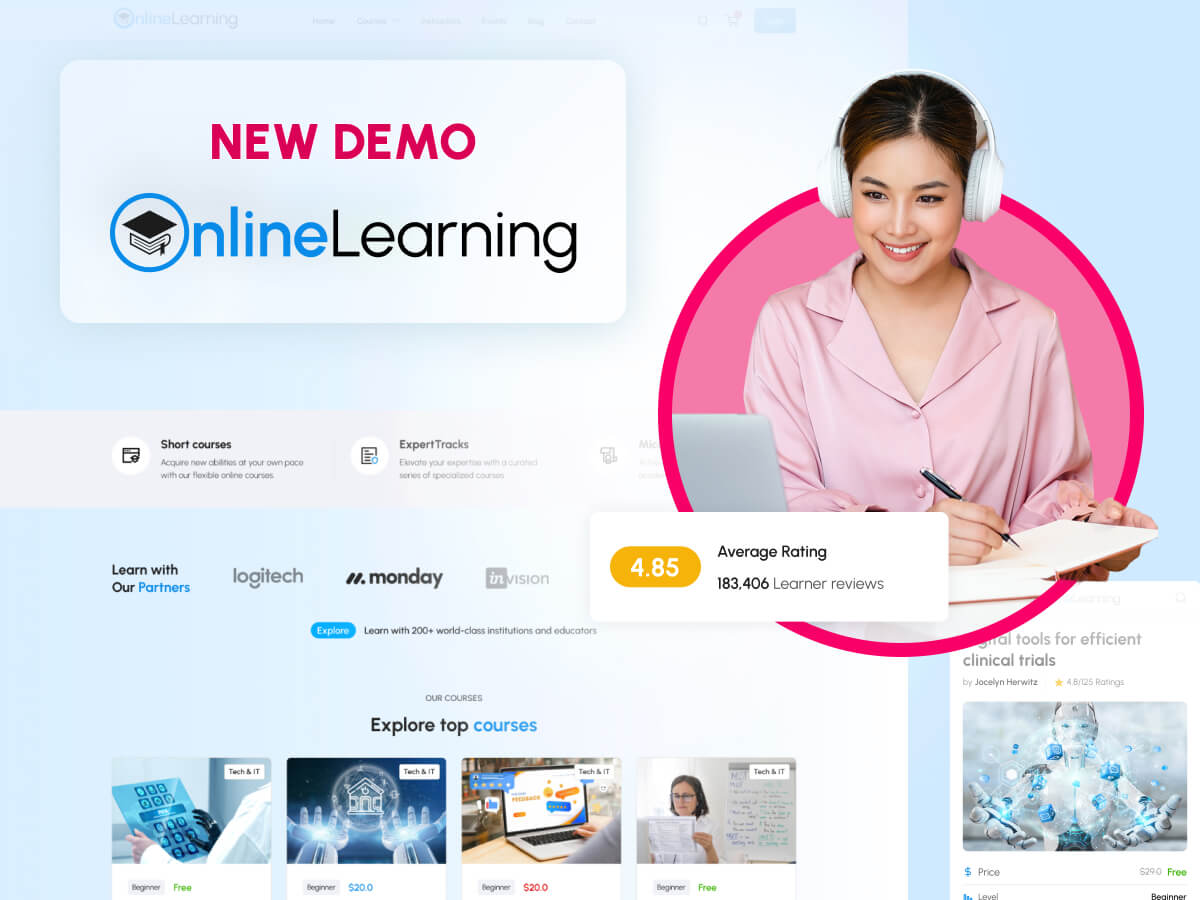
Conclusion
Improving learning outcomes in online courses requires a collaborative effort between instructors and students.
By implementing the strategies outlined in this guide, instructors can create engaging and effective online learning experiences, while students can develop the skills and habits necessary to succeed in the digital classroom.
Continuous improvement and adaptation are key to maximizing the potential of online learning and ensuring that all students have the opportunity to thrive.
Read more: Eduma Offline and Online Course Landing Pages Are Here!
Contact US | ThimPress:
Website: https://thimpress.com/
Fanpage: https://www.facebook.com/ThimPress
YouTube: https://www.youtube.com/c/ThimPressDesign
Twitter (X): https://twitter.com/thimpress


